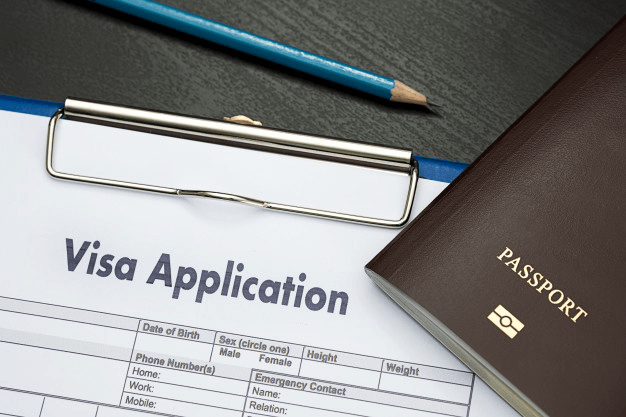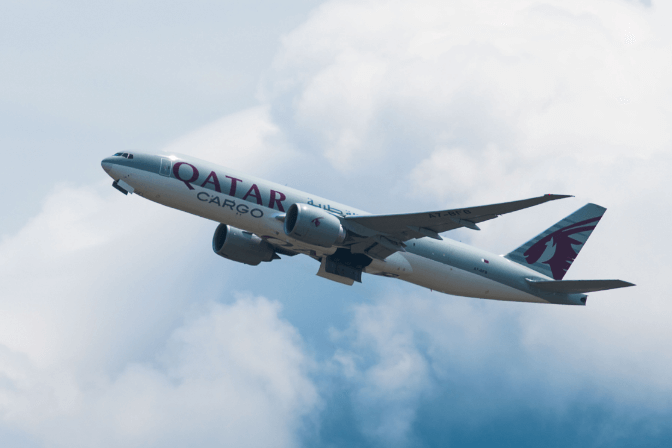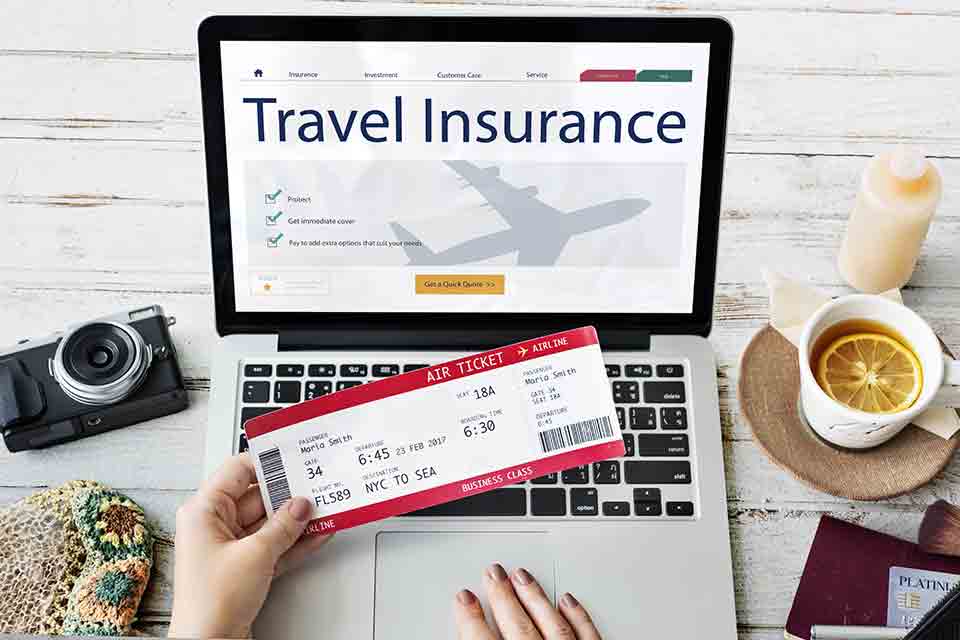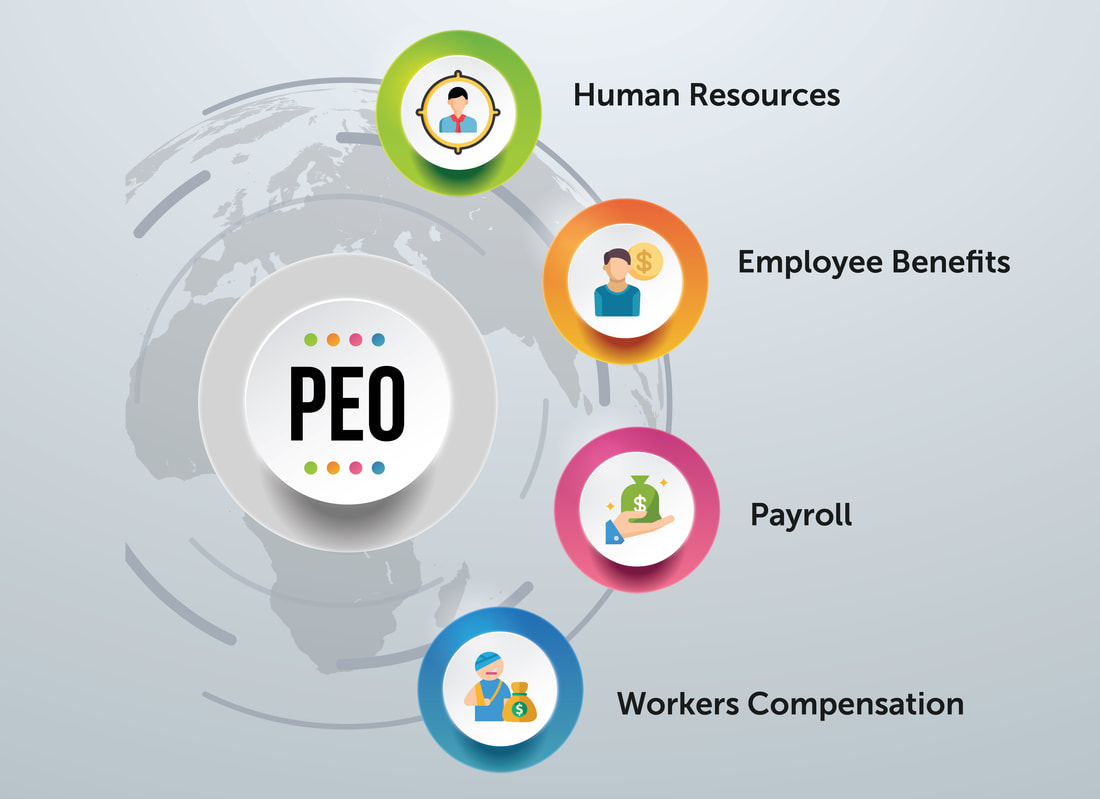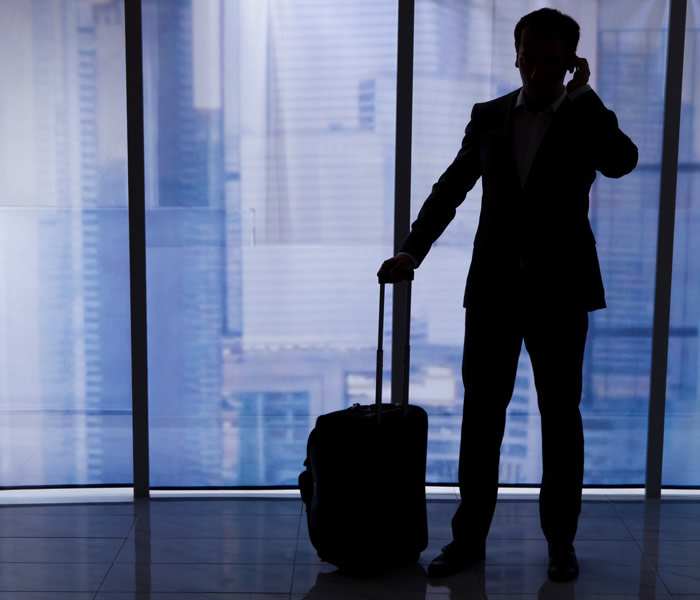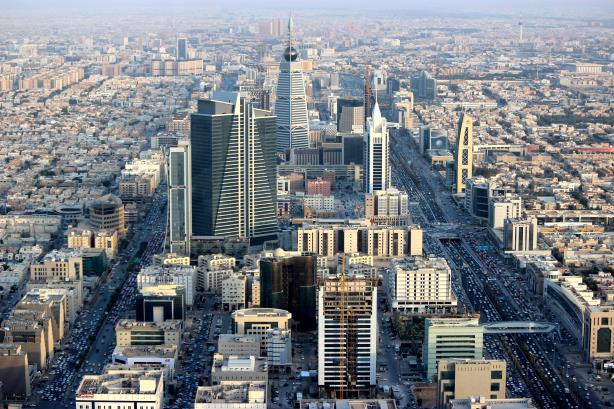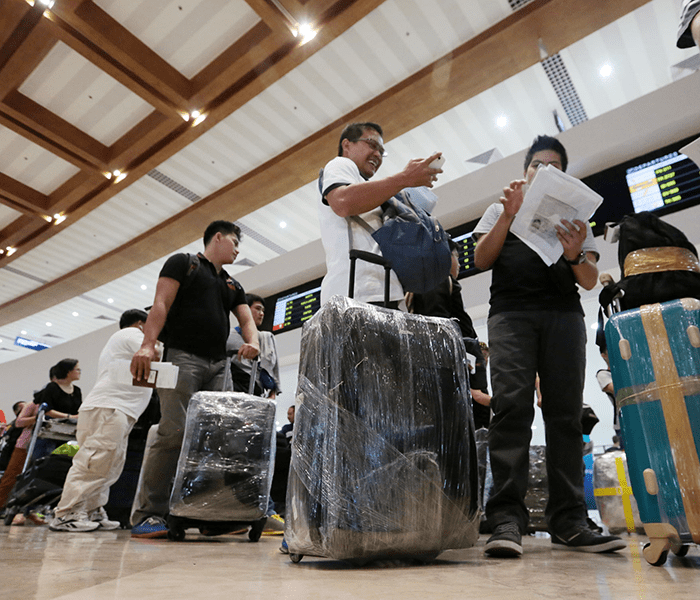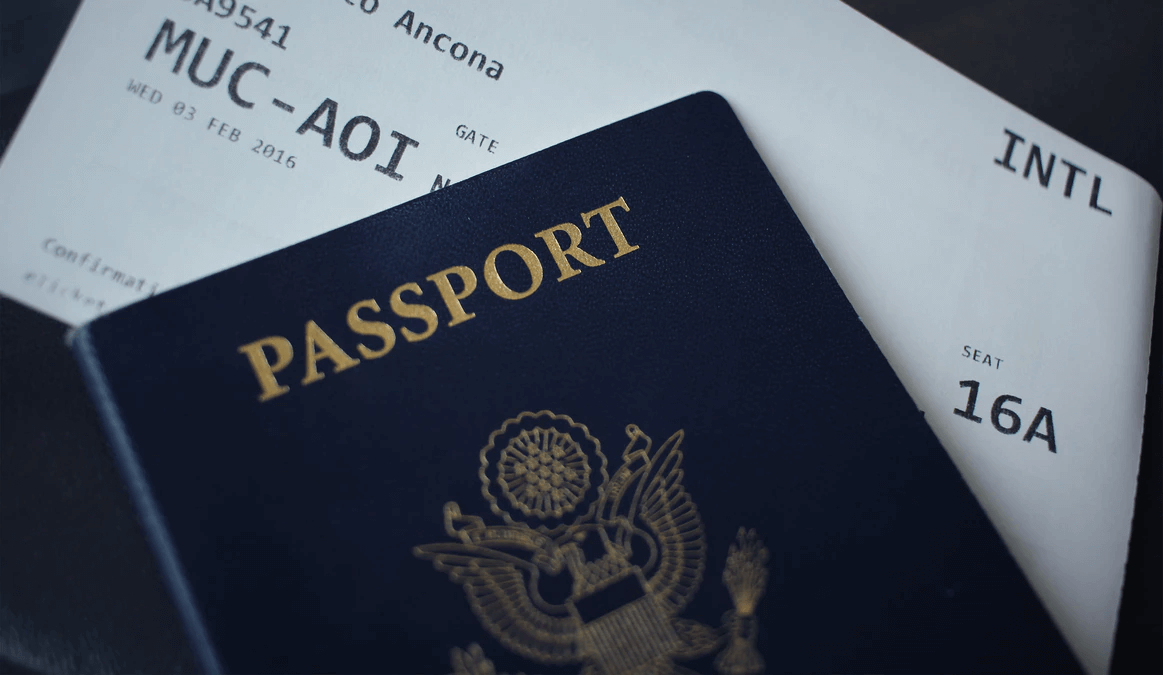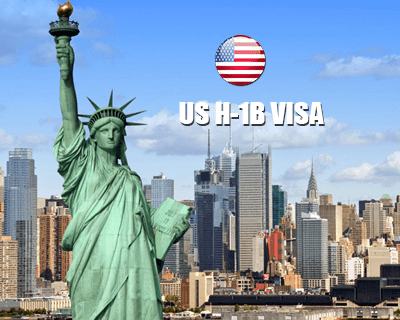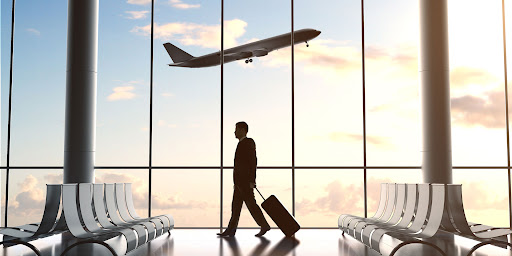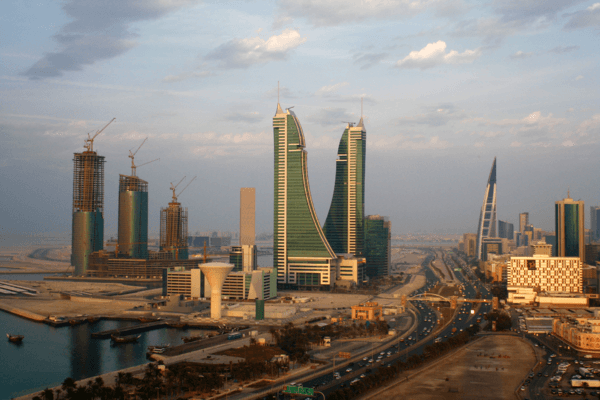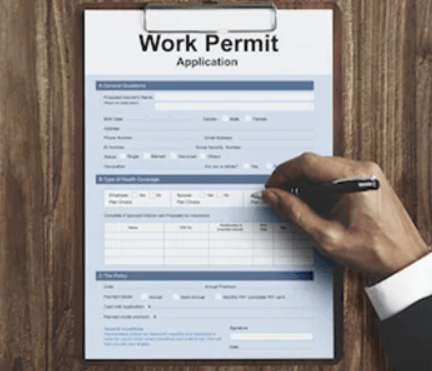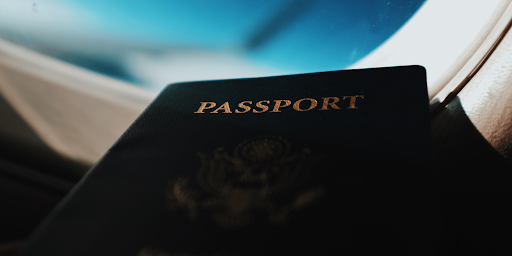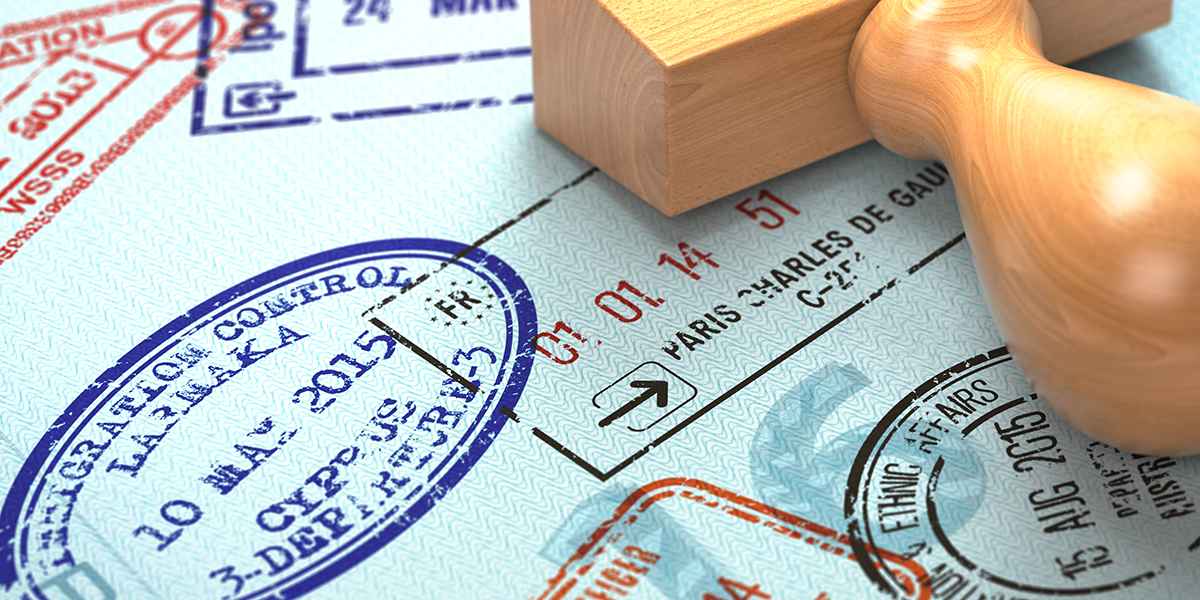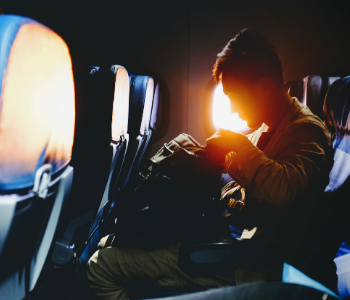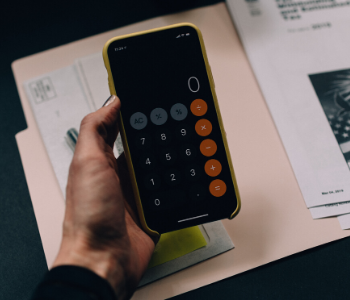Coronavirus: Latest Travel and Immigration Disruption
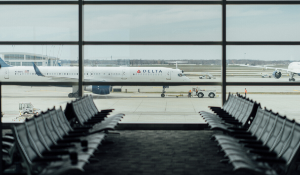
As a global mobility company, we are all about travel and expanding our horizons by experiencing new nations. However, as the world sees a sharp rise in the number of coronavirus cases, we would like you to be aware of the travel restrictions so that you can plan your business trips accordingly. It is still safe to travel to a country where there haven’t been many severe cases of coronavirus. But, we believe we should avoid going to the east, mainly Singapore, Thailand, Hong Kong, unless it is absolutely necessary.
It’s not just the travel plans that seem to be getting affected along with global relations and regular business; the stock market appears to be taking a hit as well. The travel stocks are getting hammered. Shares of airlines and travel companies around the world plunged, telling us that we should take this virus all the more seriously. This is not just for our health benefits but for our businesses in the next few weeks as well.
For anyone planning to travel, the website of the World Health Organization is a good starting point.
Here are some basic questions that you need to know the answer to about the virus
Question 1: What is a Coronavirus?
It is a novel virus named for the crown-like spikes that protrude from its surface. The coronavirus can infect both animals and people. It can cause a range of respiratory illnesses from the common cold to more dangerous conditions like Severe Acute Respiratory Syndrome, or SARS.
Question 2: How contagious is the virus?
According to preliminary research, it seems moderately infectious, similar to SARS, and is possibly transmitted through the air. Scientists have estimated that each infected person could spread it to somewhere between 1.5 and 3.5 people without effective containment measures.
Question 3: Where has the virus spread?
The virus originated in Wuhan, China, and has sickened tens of thousands of people in China and at least two dozen other countries.
Question 4: How worried should I be?
While the virus is a severe public health concern, the risk to most people outside China remains very low, and seasonal flu is a more immediate threat.
Question 5: Who is working to contain the virus?
World Health Organization officials have praised China’s aggressive response to the virus by closing transportation, schools, and markets. This week, a team of experts from the W.H.O. arrived in Beijing to offer assistance.
Question 6: What if I’m traveling?
The United States and Australia are temporarily denying entry to noncitizens who recently traveled to China, and several airlines have canceled flights.
Question 7: How do I keep myself and others safe?
Washing your hands frequently is the most important thing you can do, along with staying at home when you’re sick.
While those were questions about the virus, let us know more about travel plans to specific countries and the status quo as of today.
Question 8: Do airlines sanitize planes between flights? Are they instituting any new policies?
Planes are small spaces with a lot of people on them, and can be involved in transmitting diseases. While it’s not clear if most airlines are changing their cleaning procedures because of the coronavirus, we do know how they typically clean airplane cabins.
Question 9: What about a cruise ship?
Cruise lines have learned how to combat the norovirus after more than two decades of outbreaks, but some passengers still get sick.
Question 10: Is a mask sufficient to protect me on an airplane?
W.H.O. says that if you are healthy, you only need to wear a mask if you are taking care of someone with a suspected coronavirus infection. The organization also suggests wearing the mask if you are the person sneezing or coughing.
Question 11: My flight has been canceled, but my travel insurance won’t pay. How, in the middle of a medical crisis, could that not be considered a qualifying event for travel insurance?
Bizarre as it may sound, standard travel insurance doesn’t cover losses caused by a global health crisis — even one that’s been declared “a public health emergency of international concern” by W.H.O. and for which the C.D.C. has issued a Level 3 travel notice recommending that travelers avoid all nonessential travel to China.
When it comes to travel insurance, so-called Cancel For Any Reason upgrades are the best course here. But they’re also very expensive and tend to cover only 50 to 75 percent of your trip.
Question 12: If I decide to travel anyway, what is the best way to arrange for medical assistance if I need it?
The simplest precaution is to purchase medical travel insurance, in particular, a primary-coverage plan that substitutes for your existing United States health insurance while you’re abroad. Look for hefty emergency medical coverage (at least $50,000, according to most experts) and emergency medical transportation coverage (upward of $100,000, depending on how remote your destination is). Deductibles, waivers for pre-existing conditions, and pricing vary by several factors; you can comparison-shop on TravelInsurance.com, Squaremouth, and a host of other sites.
Question 13: Should I cancel my trip to China?
Yes. CDC recommends travelers avoid all nonessential travel to China at this time. Also, the US Department of State has issued a Level 4 Travel Advisory asking people not to travel to China due to the COVID-19 outbreak. The travel recommendation and advisory are only for mainland China and do not apply to Hong Kong, Macau, or the island of Taiwan.
Question 14: Is it safe to travel to countries other than China, where COVID-19 cases have occurred?
The situation is involving. Do get in touch with us and we will help you with the right updated information.
Question 15: What should I do if I recently visited China on business travel or personal?
Monitor your health and practice social distancing for 14 days. Avoid public spaces and confined rooms. Follow these restrictions until the local health department or hospital has cleared you.
Question 16: What are the restrictions that are implemented, keeping in mind the COVID-19 outbreak?
The restrictions are specific to different countries. The effects on travel and immigration are as follows:
China – The Chinese immigration authorities are expected to grant a grace period to foreign nationals who have temporary visas or residence permits that are due to expire.
Hong Kong – Restrictions include suspension of new visas to mainland tourists, closure of six borders, and reduction of the number of flights to mainland China. An entry ban has been issued to anyone who is a resident of Hubei or has visited in the last two weeks.
Singapore – Quarantine measures have been put in place for Singapore citizens, permanent residence, and long term pass holders who have visited Hubei in the last two weeks, as well as for holders of PRC passports issued in Hubei.
Taiwan – Visitors from the Hubei province will not be granted entry, as well as any foreign national that has visited China (PRC) in the last two weeks, will not be allowed entry into Taiwan.
Macao – Entry restrictions are in place for non-residents from the Hubei province and those who have visited Hubei in the last 14 days, unless proof of non-infection is provided. Quarantine measures are in place for travelers from Hubei already in China.
Malaysia – The issuance of entry visas, work permits, and dependent permits from passports issued in Wuhan City have been put on hold.
Vietnam – The issuance of tourist visas to Chinese citizens (including people from Taiwan, Hong Kong, and Macau) has been temporarily suspended.
South Korea – Penalty fees will not be imposed on foreign nationals who have overstayed their permitted period and who are coronavirus patients until they have recovered. Medical institutions must officially confirm these patients.
Mongolia – The border with China has been closed.
Philippines, Sri Lanka, and Kazakhstan – All visa-on-arrivals from China have been suspended.
India – The e-visa service for Chinese passport holders and applicants of other nationalities residing in China has been suspended. E-Visas are issued online for tourism, business, medical, etc. Visas that have already been issued will no longer be valid.
In the world of business, where travelling across borders is vital to its very core, the COVID-19 outbreak has indeed caused a lot of havoc. “You have to evaluate your trip week to week, if not day to day,” said Bernard Camins, medical director for infection prevention at the Mount Sinai Health System. “But if you’re looking at a place where there are no cases, there’s no question you should continue on your trip.”
The question becomes more difficult the closer to the heart of the outbreak you are planning to travel, Dr. Camins said. In places like Singapore and Thailand, there have been cases, but there is no evidence that there is a lot of person-to-person transmissions, and the virus doesn’t seem to be out of control, he said. “The chances of you running into a person with it there is low unless you’re a health care professional, and you’re going to work in a hospital,” he said.
The golden rule for travel right now should be this: If you’re the one who is sick, stay home, do not travel, wear a mask, even for the flu.
Stay updated with us for more.



